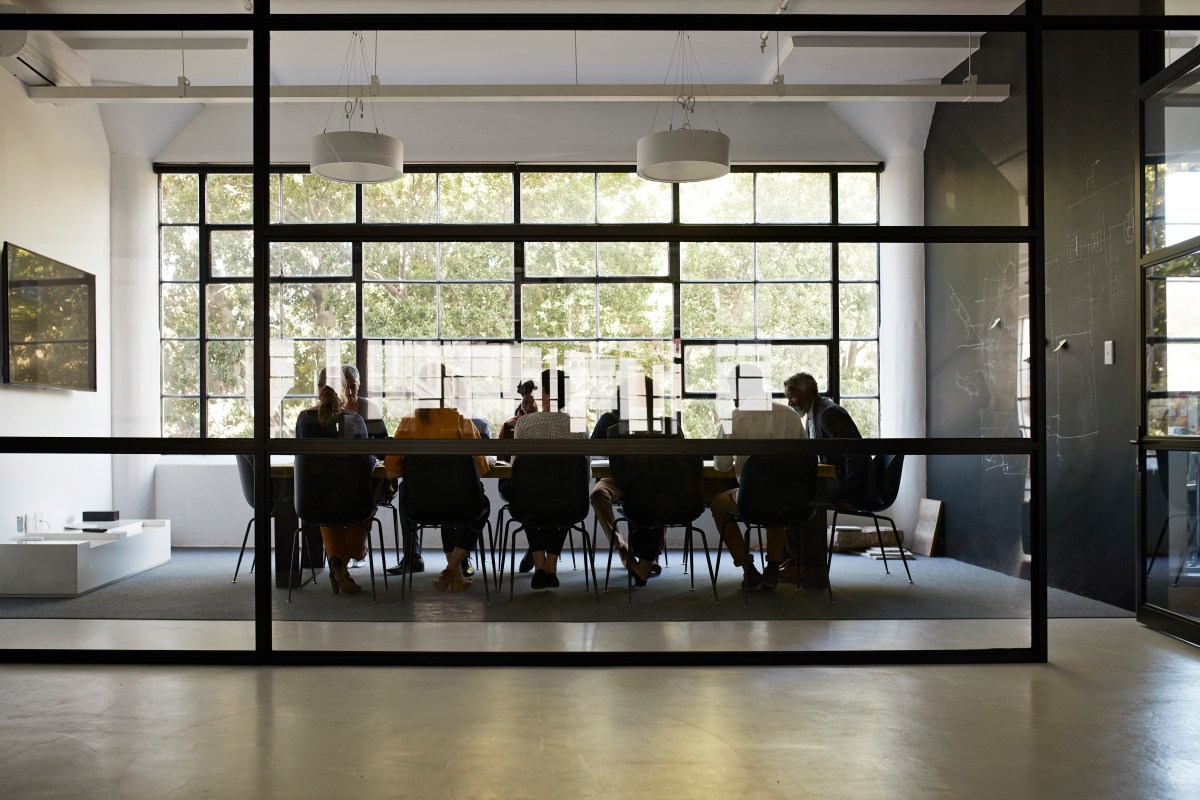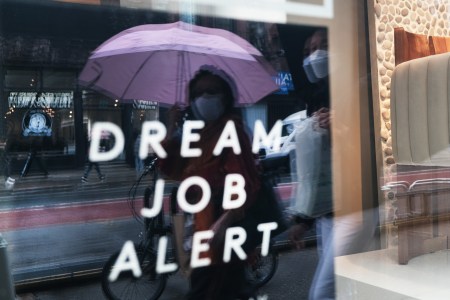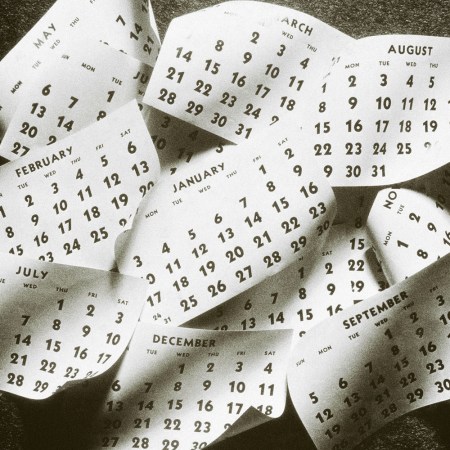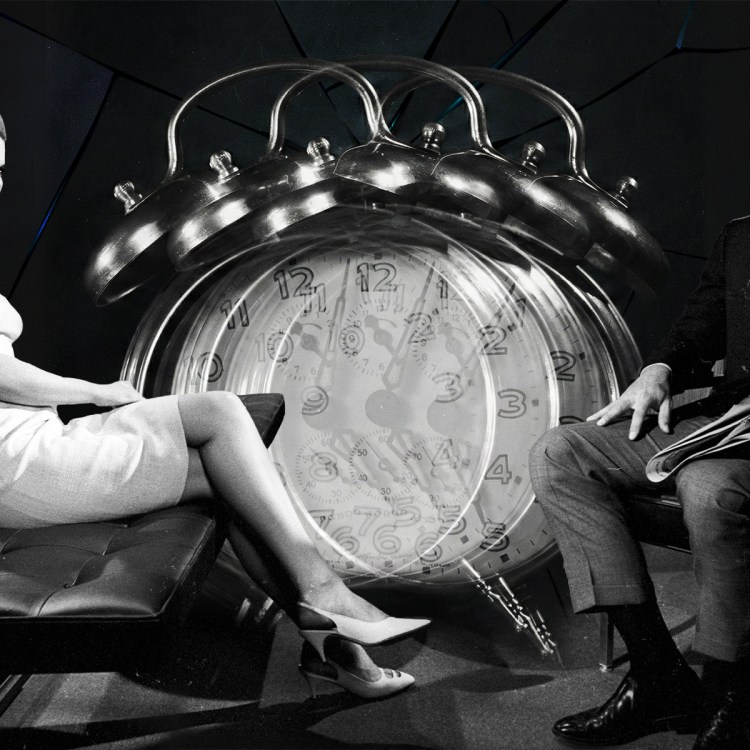You’d assume, given the amount of meetings Don Draper takes in Mad Men, that corporate schedules were packed in the 1960s — company men, clerks and clients jawing back and forth, solving problems and reinventing the wheel, day after day.
But work meetings are far more prevalent today than they were 60 years ago. Even before the pandemic — according to the Harvard Business Review — executives were spending 23 hours a week in meetings. Compare that to just 10 hours a week for their 20th-century counterparts.
But videotelephony has compounded the issue; a recent Axios article reported that since 2020, time spent in Teams meetings increased by 252% while Zoom meetings increased by a preposterous 3300%. You can understand the dramatic increase when we were all sequestered in our homes and morale was disappearing down the drain, but at this point, overscheduled workweeks might be a signal of irritation or insecurity from the corner office.
CEOs, after all, have upped their anti-remote work rhetoric since the pandemic died down, while some have even instituted keyboard-tracking technology. (The modern workplace: where watching employees do their business is becoming a booming business.)
Why Do Job Descriptions Still Suck?
Firms wanted rockstars and ninjas. They’re getting quiet quitters instead.For these executives, scheduling more meetings is a way to keep people on task and monitor the goings-on throughout the company on a consistent basis. And because the work world is a complicated place with an infinite cast of characters, these meetings aren’t always tyrannical. Many leaders genuinely look forward to collaborative brainstorms, cluing their employees into administrative updates or propagating a positive culture. Meetings are an arena in which that can happen.
(Others, meanwhile may delegate meeting-making to managers or team leaders, and are just as taken aback by the heftiness of their calendars as anyone else.)
Whatever the intention, the research shows that too many meetings are at odds with company productivity and profit. A recent UNC-Otter.ai survey illustrated how unnecessary meetings can cost big companies tens of millions of dollars a year while hurting employee morale.
As executives lead by example, spending the equivalent of a full Earthly day in meetings each workweek is probably not a good idea. That stratagem trickles down to employees, who get accustomed to multitasking through them (70% of employees are doing something else during a meeting). And they eventually get jobs elsewhere, leaving little but a crappy Glassdoor review in their wake.
If you’re going to spend so much time in meetings, why not make them personal? Why not meet people where they are? Should a one-on-one between an employee and an executive always populate two opposing poles on the corporate spectrum (performance review or work drinks)? The conventional argument against this would be there’s simply no time…but evidently, there’s way too much time.
Executives and employees alike stand to benefit from long, uninterrupted and unburdened hours of work — also known as “deep work,” in which they’ll be able to really latch onto a project. Ever noticed how difficult it is to resume any sort of work after you’ve taken a smartphone break? There’s some serious science behind it. Well, meetings (rarely about the exact thing you were trying to finish) are that on steroids.
Let’s stop pausing projects to speak existentially about projects. Let creative collaboration come more naturally, more necessarily. And yes, it can be done — Shopify CEO Tobi Lütke recently cleared 76,500 hours of meetings from his employees’ calendars this year…which frees up his calendar, especially.
The Charge will help you move better, think clearer and stay in the game longer. Subscribe to our wellness newsletter today.




















